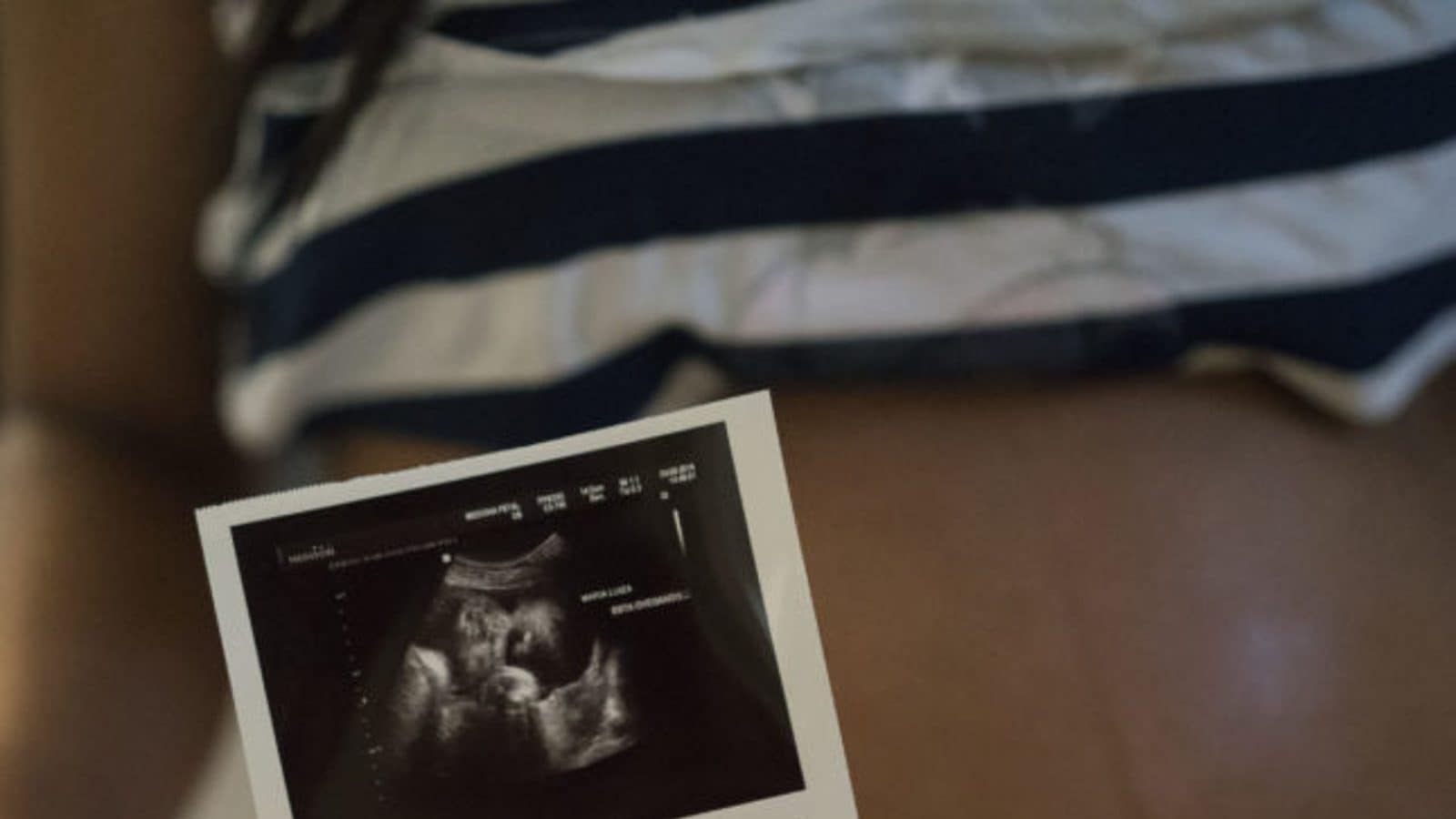All You Should Know About Fetal Medicine for a Safe and Sound Pregnancy
Edited By: Riya Ashok Madayi
Last Updated: January 25, 2023, 10:59 IST

To secure the greatest results for our developing children, foetal medicine brings together the maternal, paediatrics, and neonatology fields.
Dr. Chitra Ganesh, Head of Department and Senior Consultant in the Department of Fetal Medicine at the Maa Kauvery-Unit of the Kauvery Hospital in Electronic City, Bangalore, provides insight on perinatology and all relevant fields
Perinatology is a sub-specialty of obstetrics concerned with the care of the fetus and complicated high-risk pregnancies. Perinatology is also known as maternal-fetal medicine.
Fetal medicine which forms a part of the perinatology, deals with:
- Assessment and monitoring of fetal growth and well-being including post-delivery risks.
- Maintenance of fetal health.
- Diagnosis of fetal illnesses and abnormalities.
The above are done in tandem with the parameters imposed on the pregnancy by the environment offered by the mother. The importance of each of the above aspects depends very much on the mother as she carries through her fetus/fetuses. They assume more importance given the modern trend where multiple pregnancies are more common with the increasing use of ART for conception. Services which are essential part of Fetal Medicine are :
ALSO READ: How to Keep Emotions in Check During Pregnancy
Ultrasound scans
Ultrasound scans both 2D & 3D from conception to delivery which includes
Early pregnancy scan – to locate the position of pregnancy whether it is inside the uterus or womb or outside. Pregnancy located outside the uterus if not identified early and removed carry a great threat to mothers life. This is one of the medical emergency in the early pregnancy.
First trimester scan ( 3rd month scan ) – importance of this scan is to find out whether this fetus ( baby in the womb ) is at risk for developing genetic abnormality ,especially Downs Syndrome . Babies with Downs syndrome have varying degree of mental retardation and structural problems and since they have a reasonable good life span, parents have to take care of these “Special” children. Now with 3rd month scan also referred as “Nuchal Translucency – NT ” scan , and a blood test “ Double marker “ test , it is possible to identifiy at risk fetus for Downs syndrome and it is possible for offer diagnostic or confirmatory test after that to confirm whether the baby is affected or not and then help parents decide if they want to continue pregnancy.
Anomaly scan ( 5th month scan ) – most important scan to look out for structural normalcy in the fetus . In fact if the couple can afford only one scan , then this is the scan that should be offered to all couples . Any structural abnormality suspected or confirmed can be discussed with the couple and also advise on how it can be managed once the baby is born can be share with them. If it is a lethal anomaly not compatible with life , then the suggestion of not continuing the pregnancy , helps the couple not to go through the trauma of losing the baby after carrying it for full months .
- Fetal Echo cardiography
- Growth assessment
- Fetal Doppler assessment ( blood flow assessment )
- Multiple pregnancy scanning and surveillance
- Therapy for complicated identical twin pregnancies , also called monochorionic pregnancies ( who share common placenta )
- Intra fetal laser photocoagulation for TTTS ( Twin to Twin transfusion syndrome )
- Radiofrequency ablation
- Bipolar cord coagulation
Fetal invasive procedures to prove genetic normalcy:
- Chorionic villous sampling (CVS)
- Amniocentesis
- Fetal Blood sampling
Fetal Therapy:
- Intra uterine transfusion in Fetal anemia
- Multifetal pregnancy reductions
Pre pregnancy Genetic counselling – when married among relations, or for those who have earlier delivered abnormal babies
Perinatal Pathology (Fetal autopsy)
Technology has improved our ability to diagnose and monitor the fetuses. This has helped fetal medicine specialists to closely work with other specialities involved in the safe delivery of a baby – obstetricians, neonatologists, paediatric cardiologists, and paediatric surgeons. There is a whole body of research data available which provide insights into the way pregnancies can be assessed so that the wellbeing of the fetus can be assessed and all preparations can be made for a safe deliveries in case of complicated pregnancies.
The specialization of Fetal Medicine has unassumingly taken up the case of the fetus – the unborn patient, treating the fetus as an independent individual. It has brought these specialities together to provide the best outcomes to the parents and help the fetus enter the world with a full-throated cry!
ALSO READ: Hypothyroidism During Pregnancy? Find Out How Essential It Is to Diagnose It Early?
Fetal medicine ties together maternal, paediatrics and neonatology disciplines to ensure best possible outcomes to our would – be parents. Seamless working of these specialists will increase the capability to manage pregnancy outcomes in general and risky , complicated pregnancies in particular resulting best possible care for the baby-tobe-born and a world-class patient experience for the to-be-born mother.
Read all the Latest Lifestyle News here
For all the latest lifestyle News Click Here

